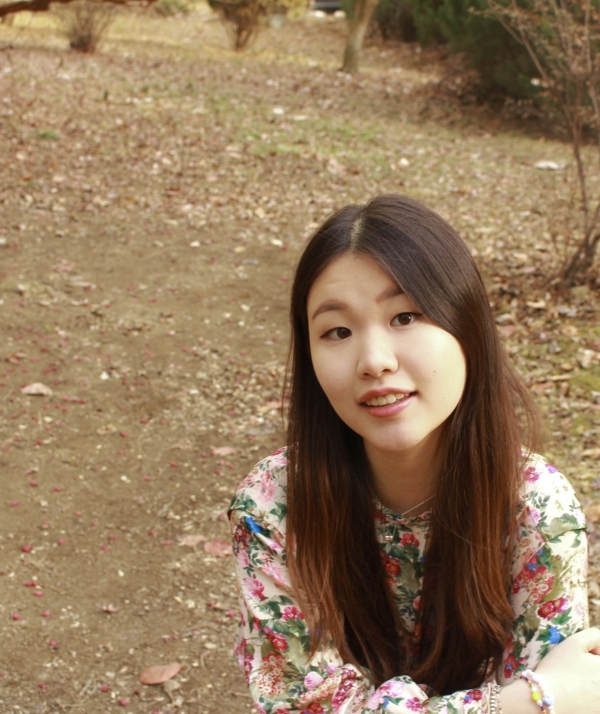Division of International Studies

When news of the Atlanta shootings broke, it hurt. Eight people suddenly gone, six of whom were Asian women. Although physically removed from the country where the attacks occurred, I could sense the Korean community here hurting as well. Friends and acquaintances flooded social media with messages of condolences, links to a GoFundMe begun by a victim’s family member, and resources to support the AAPI community. We were oceans away but very much a part of the collective grieving process that Asians everywhere seemed to be going through.
So why did it hurt so much? “Because the victims were Asian like us,” isn’t an incorrect response, but it fails to capture the complexity of the thoughts and emotions underlying our reaction. It hurt because the incident was a reminder that we as Asians, although comparatively safe in the confines of our own country, are not welcome abroad and can be subject to the same kind of violent hate the victims experienced. It hurt because our Asian identity is met with fear and revulsion by other groups and peoples. It hurt because this hate crime is a jarring reminder that white supremacy and misogyny are very much alive and continue to work in tandem to oppress Asian women everywhere.
I’ve seen news articles and social media posts citing former president Donald Trump and COVID-19 as sources of the recent rise in Asian American hate crimes. This is simply not true. Anti-Asian sentiment is neither a new nor surprising phenomenon.
It is deeply ingrained in the history of the US, a country that banned the immigration of all Chinese laborers in the 1880s and imprisoned thousands of innocent Japanese Americans in concentration camps during the Second World War. America has a clear historical record of dehumanizing the Asian community, a testament to its system of white supremacy.
White supremacy reveals an even uglier side when it converges with misogyny. The shooter, Robert Aaron Long, attacked the women not just because of their gender, but because they were Asian. In the West, the exotification and hypersexualization of Asian women continue to persist. According to The Associated Press, Long had previously frequented the massage parlors he targeted, demonstrating how he specifically sought out Asian women to cope with his sexual addiction. He is not alone in perpetuating this culture of objectifying Asian women. Oftentimes Asian women are told that they are attractive not just for their physical looks, but for what they represent—the image of a docile, delicate “China doll.” In this manner, white men in a position of power play on misogynistic gender roles while simultaneously “othering” Asian women based on race by characterizing them as “exotic.”
But what does this all mean to us currently living in Korea? Just because we don’t encounter quotidian instances of anti-Asian hate and Asian fetishization doesn’t mean our society is completely free from misogyny and white supremacy. On the contrary, Korean society too operates under a patriarchal, white supremacist system. White privilege goes a long way in Korea, evidenced by the treatment of white foreigners compared to those who are POC. And the objectification of women here is far too common, with an extreme example being the horrifying Nth room case.
In order to fully understand the significance of the Atlanta shootings, it’s imperative to reflect upon the systemic roots behind this type of hate. We have to critically examine the institutions and structures that govern our society, continually questioning whether or not they uphold sexist and white supremacist values. As Korean women, Ewha students are part of the greater community of POC women oppressed and marginalized by patriarchal white supremacy. We must stand in solidarity with the Atlanta victims and the AAPI community, recognize the intersection between race and gender in our current system, and fight for a fairer,more just model that ensures that such a reprehensible crime will never happen again.

